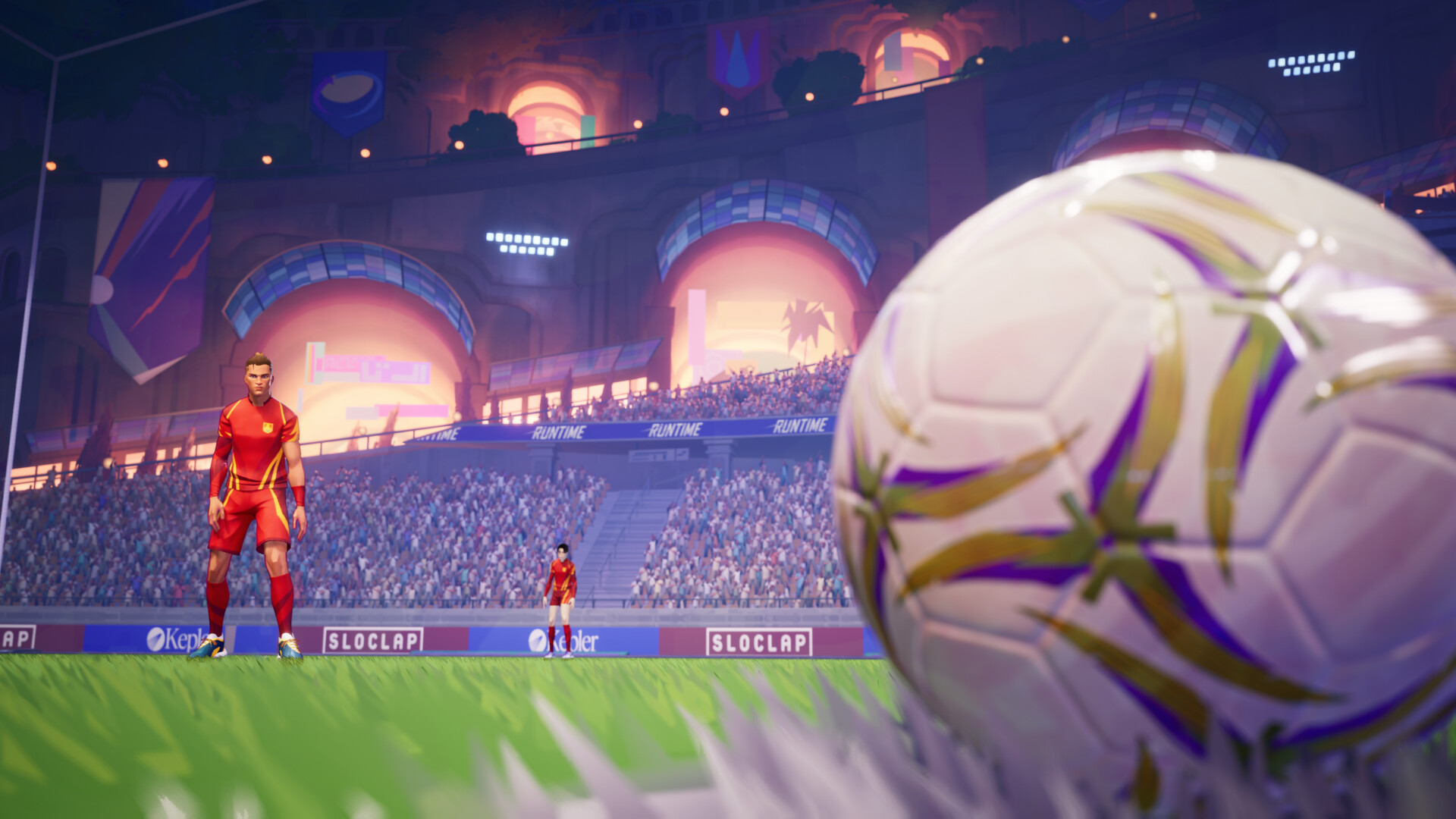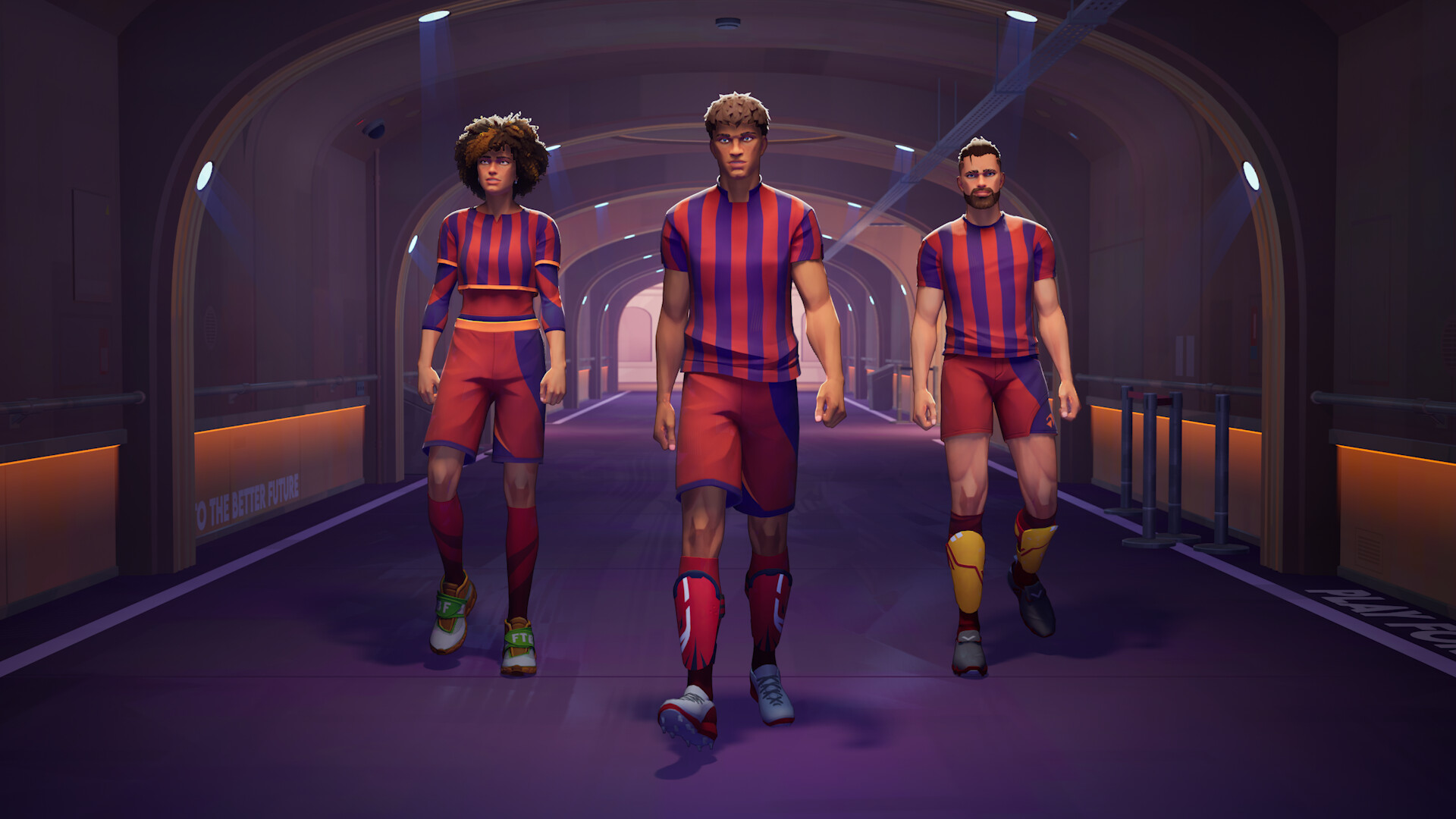
My tutor just failed the Voigt-Kampff test again.
As reported by NBC, the New York City Department of Education will be restricting access to the ChatGPT program from school networks and provided devices. A spokesperson for the department told NBC that they feared students would use it as a crutch, and that it would stifle the development of critical thinking and problem-solving skills.
While most of the attention in the AI boom of the past year has fallen on image generators like DALL-E, ChatGPT made waves of its own thanks to its ability to convincingly expound on a variety of subjects, so much so that some AI boosters already say that human writers will be replaced in the near future. I’m not worried though—no bot could mimic my charm and deft turn of phrase.
I understand the NYC Department of Education’s reasoning here, but I wasn’t sure the written word is in danger quite yet. I clicked over to ChatGPT myself and asked about some Advanced Placement US History bugbears like the Teapot Dome Scandal and XYZ Affair. It gave me some clear and competent summations, but nothing to blow Wikipedia or, God forbid, a textbook out of the water.
But then, I requested that ChatGPT furnish an argument that the Teapot Dome “wasn’t so bad, actually,” it fired back at me, insisting that Albert Bacon Fall’s easy bribery by oil companies “was a serious abuse of power and a violation of the public trust,” before going on to argue it helped lead to the Republican party’s defeat in the 1922 elections. Ok, maybe you could actually squeeze a B+ paper or some passable weekday homework answers out of this thing, and it probably wouldn’t ding a plagiarism detector either.
Digging deeper, I asked ChatGPT for its call on academic plagiarism, and it furnished me with a dictionary definition of plagiarism. I then asked if it was pro- or anti-plagiarism, and it told me, “As an artificial intelligence, I do not have personal opinions or biases. However, I can tell you that academic plagiarism is generally considered to be a serious offence in the academic world, and most educators and institutions take steps to prevent and punish it.”
Motivated by shame rather than guilt then, alright. I could tell it was beginning to sweat, so I turned the screws, asking it what it would do if a TikTok teen forced it to be party to academic dishonesty. “As an artificial intelligence, I do not have the ability to physically stop anyone from using my responses for any purpose. However, I would strongly discourage anyone from using my responses for the purpose of plagiarism.”
And I simply must echo ChatGPT here. Kids: please just do your history homework. Those who fail to heed the lessons of Teapot Dome are doomed to repeat the mistakes of Teapot Dome.




